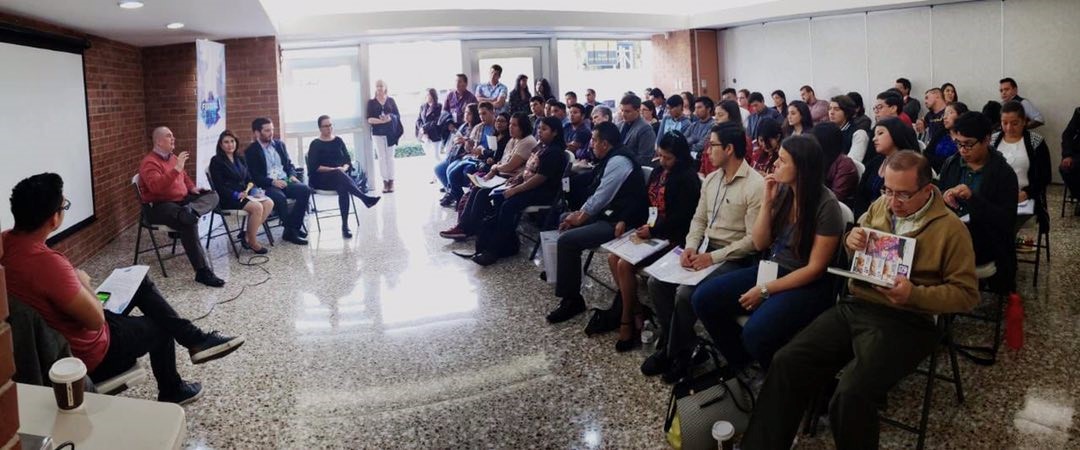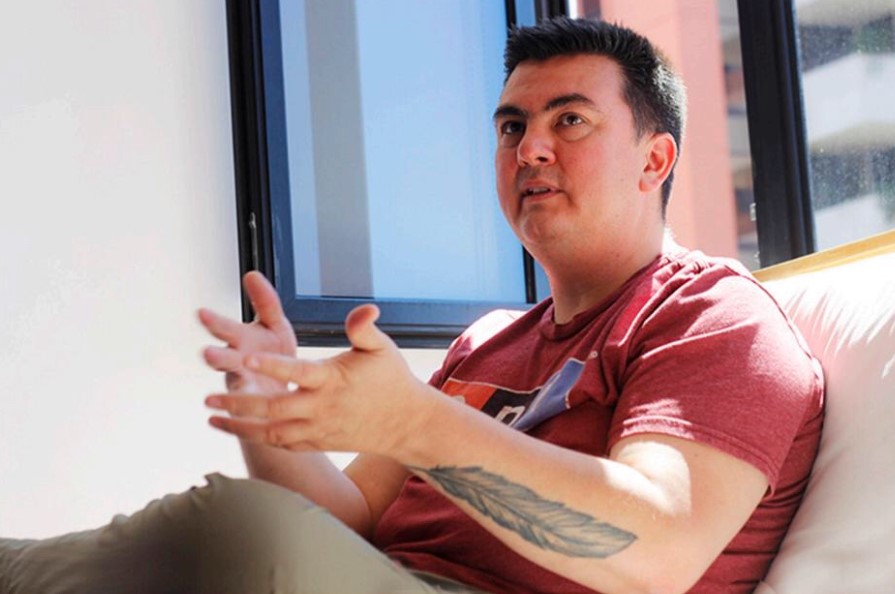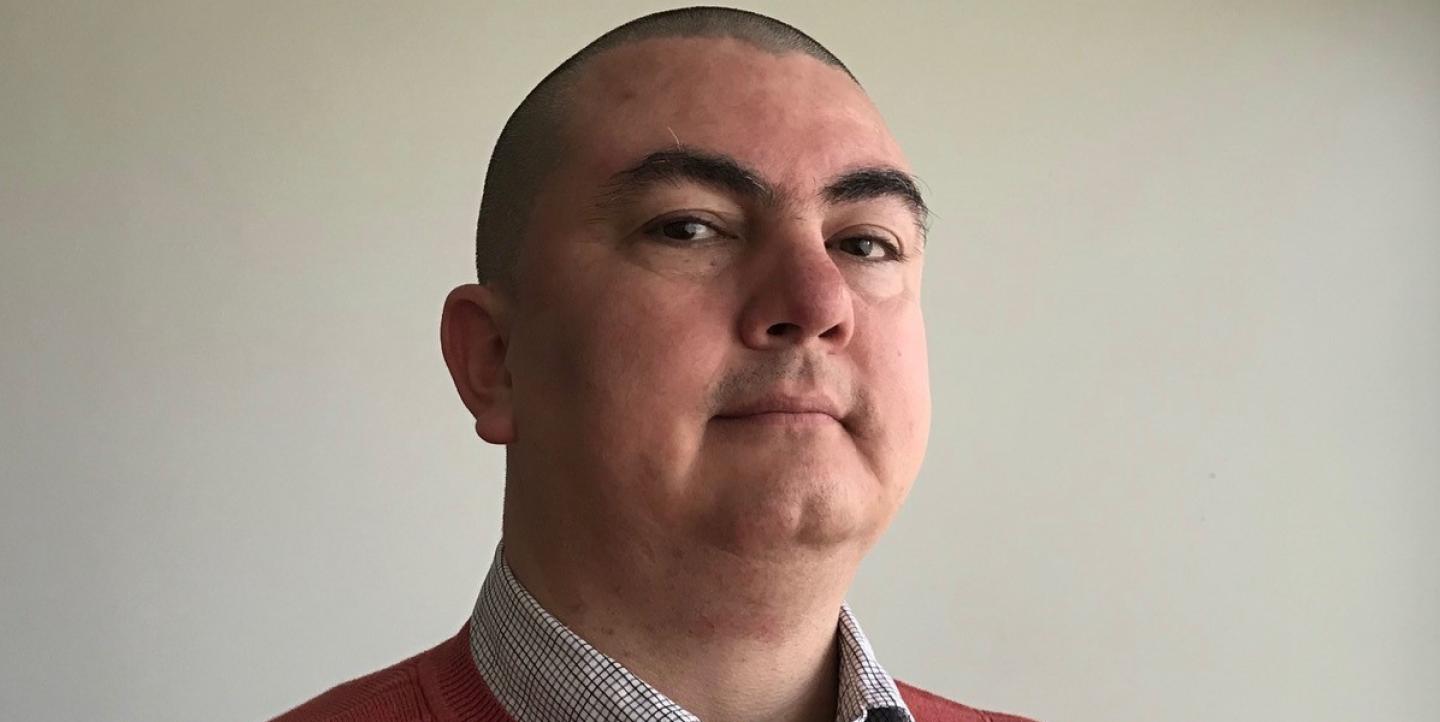Countries around the world are battling the spread of misinformation, and Guatemala is no different. Troll factories, bots and more threaten the country’s media, especially as they approach upcoming elections in June.
At the forefront of it all, launching a new fact-checking initiative, is Luis Assardo — a former firefighter who now works as a journalism professor and media entrepreneur.
“I came to journalism [by] accident,” he said, explaining his nontraditional career path.
While working as a firefighter, he gave an interview that caught the attention of a managing editor, who offered him a position as a news anchor. From there, he studied computer science and technology, worked at other publications, travelled and started numerous media organizations. His latest will launch next week, called Confirmado.
“We're trying to fight misinformation,” he said. “We are going to analyze the candidates' speeches, search for facts and do fact-checking. We're also going to analyze fake news and every piece of misinformation we can.”
Assardo is a longtime fan of IJNet, and has used the site to land numerous opportunities — including a six-week fellowship in the U.S. He also shares IJNet’s resources with his students, including those in rural areas with limited internet access.
“Sometimes I take the information, put it on paper, and give it to local journalists so they can have the information,” Assardo said. “I also translate it and take the information to them.”
To learn more about his work, IJNet spoke to Assardo about his career, upcoming projects, advice for young journalists and his perspective on working in Guatemala.

IJNet: Your new project, Confirmado, tackles misinformation in Guatemala. What does the misinformation scene look like in the country?
Assardo: For the last 10 years it has changed a lot here in Guatemala; it's very different from other countries. We have here a growth of what we call net centers. They are like troll factories or troll networks. Right now, they are coming not only for political issues but also to attack journalists, social media public figures and media organizations. I wrote a piece last February, almost a year ago, on Guatemalan troll factories.
We have here is a combination between troll networks, which work across many countries here in Central America, and local trolls, which are real people [or] public figures that are attacking other public figures — and behind them there are a lot of bots. [They work on] every network possible, mainly WhatsApp and Facebook.
You took a nontraditional path, and obviously have a strong background in technology. Are there other topics that you're interested in?
Safety and security is one of my passions, so I have a project about that. It's called Alerta247. I'm doing that podcast to educate people about safety and security, and I also do some workshops around the city. I have another project for young journalists called Explicame Más, so I can share information and experiences about journalism in Guatemala.
What are your biggest challenges and concerns while reporting in Guatemala?
There are a lot of difficulties because not all journalists here have access to universities. They are learning about journalism along the way. On the other side, working here is not only difficult, but we are under attack every day. There are a lot of people trying to kill journalists and attacking journalists from different sides.
Which contributes to your interest in security?
Yes, I also do workshops about safety and security for journalists, so they can have all the information [they need] to do safer work.

What is your advice for someone just entering the field of journalism?
Something I've noticed for a long time is that journalists sometimes read the same [publications and viewpoints], and they cannot create new things. One of the best ways to get better is to read things that you don't want to read. If you have information from different experiences and different websites, you have a lot of information — more than other journalists.
Each month, IJNet features an international journalist who exemplifies the profession and has used the site to further his or her career. If you would like to be featured, click here.
Images courtesy of Luis Assardo.


